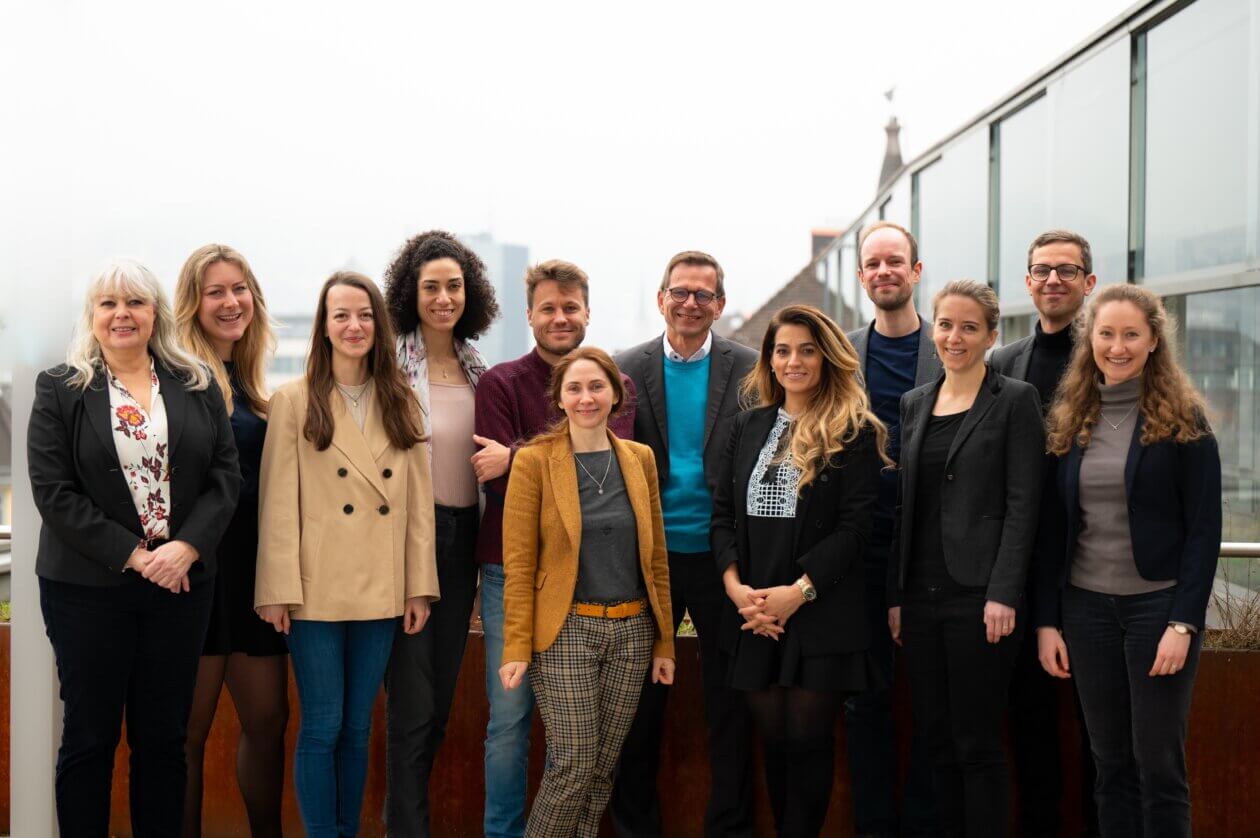Decentralized Renewables in Switzerland
Accelerating the deployment of renewable energy solutions – such as solar and wind – is a key objective of Switzerland’s Energy Strategy 2050, and an important pillar in the country’s commitment to climate change mitigation. As part of a national research programme funded by the Swiss Federal Office of Energy, SWEET EDGE investigates pathways to a sustainable energy future: What will the energy system look like in Switzerland in 2035 and 2050? How can domestic energy sources be best combined to deliver a climate-friendly, reliable and cost-effective supply portfolio? And how is Switzerland’s energy future intertwined with European energy and climate policies such as the EU Green Deal and the Fit for 55 strategy? To answer these questions, the SWEET EDGE consortium distinguishes between three typical regions (i.e., the cities, the midlands, and the alps). It also applies a multi-sectoral approach combining electricity, transport and heating. The interdisciplinary consortium consists of research institutions, industry partners, and public authorities across Switzerland. The team at the University of St. Gallen contributes to the project by addressing the following topics:
- Business models for solar mobility
- Electrifying agricultural transport
- Renewable energy and alpine tourist infrastructure
- Swiss energy foreign policy
- Investor preferences for power purchase agreements (corporate PPAs)
- Business dynamics at the convergence of solar PV, electric vehicles & battery storage
Contacts: Sabrina Mili, MA – Dr. Cris Pons-Seres de Brauwer – Prof. Dr. Rolf Wüstenhagen
=> sweet-EDGE.ch


